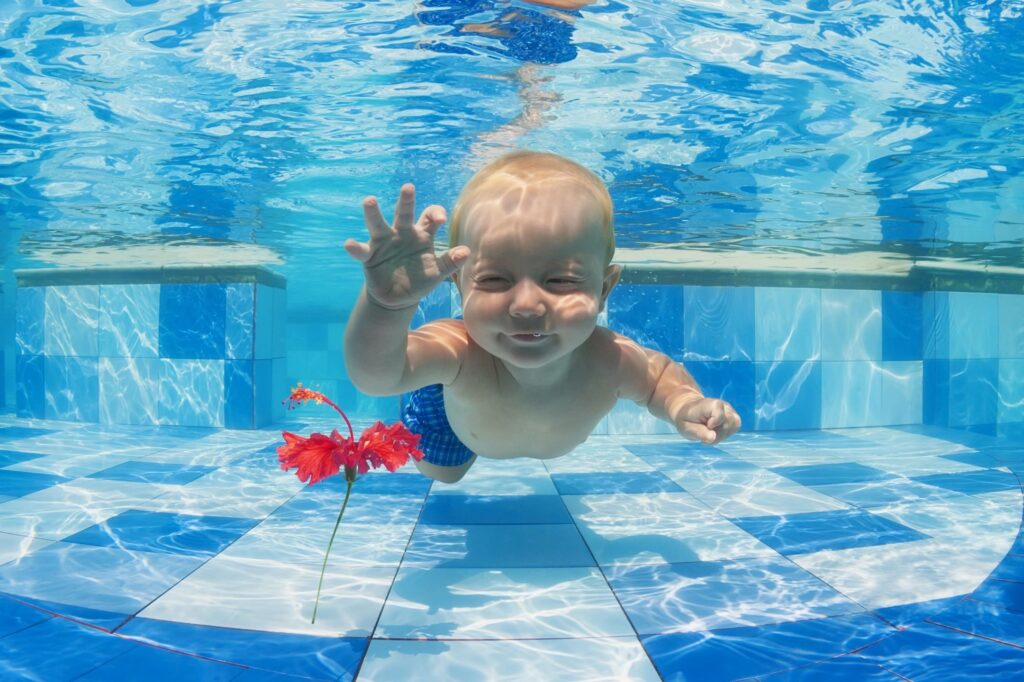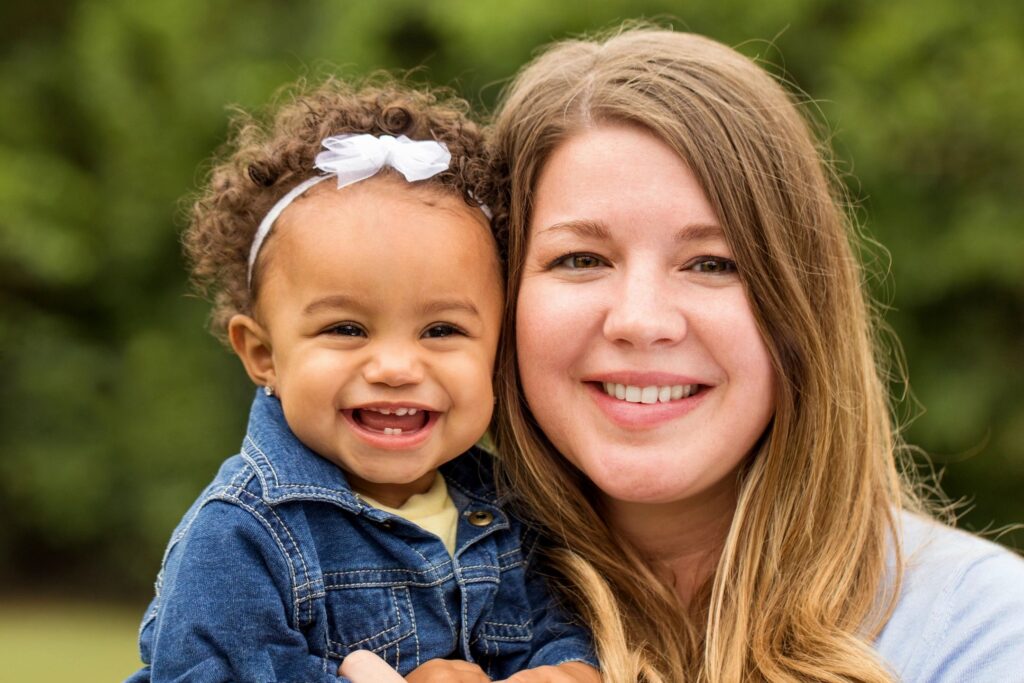Developmental Psychology
Lying: Not the Best Parenting Strategy
Sometimes it’s temping just to tell children whatever they want to hear. Even for parents who preach the value of honesty, a little lie here or there can seem acceptable if it gets the desired behavior from children. According to a 2009 study, lying is a relatively common parenting technique. Parents lie for different reasons.…
Read MoreWhen Do Children Learn to Influence Others With Gifts?
Adults give gifts for different reasons, some of which are altruistic, and some of which are less so. One of the less altruistic reasons adults give gifts is when they want something in return. So when do children learn that they can influence other people with gifts? A team of psychologists explored this question in…
Read MoreWho Plans to Retire Early?
Given the option to retire, people will make different decisions about how long to keep working. In order to learn more about how people make retirement decisions, a recent study decided to focus on those who are most eager to close out their careers: adults over 50 who intend to retire before reaching the official…
Read MorePraising Hard Work Can Make Infants More Persistent
When you were a kid, maybe you read The Little Engine That Could, a story about a modest train locomotive whose persistence pays off. One possible reason for this story’s popularity is that many parents see persistence as a core ingredient for life success to pass on to their children. This emphasis on hard work…
Read MorePhubbing Destroys Relationships
Consider this your annual AllPsych public health announcement about the negative effects of phubbing. In early 2018, I wrote about the dangers of phubbing – that is, of snubbing people by going on your phone. A year and change later, there’s more research out on the topic. That research gives us new evidence that everything…
Read MoreWhere Do Pointing Gestures Come From?
Pointing is a basic type of human communication. Before they start talking, babies start pointing. A pointing gesture can mean different things, such as “look at that?” or “what is that?” or “I want that!” There’s something fundamental about these uses of pointing. Even apes use pointing for multiple functions such as drawing someone’s attention…
Read MoreParents’ Warm Encouragement Can Help Shy Toddlers
How can parents help shy toddlers become more at ease in social situations? A new study suggests that a combination of warmth and gentle prompting to engage socially might be the answer. The study involved 55 toddlers between 21 and 24 months of age who were temperamentally disposed toward shy behavior. In the study, these…
Read MoreA Lunchtime Nap Can Boost Children’s Academic Performance
We typically think of it as a bad thing to “fall asleep on the job.” But when your job is learning, a midday nap might be just what the psychologist ordered. A new study of 3,819 elementary school children in China suggests that lunchtime naps are associated with better performance in school. As it turns…
Read MoreMillennials Don’t Like Being Called Narcissists
Here’s a loaded question for you: how do you feel about being a narcissist? Like the classic example of “when did you stop beating your wife?”, this is a question without a good answer. And it’s more or less what researchers asked young adults in a study designed to test people’s perceptions of different generations’…
Read MoreWhat Do Loneliness and Living Alone Mean for Health Later in Life?
We all know what “loneliness” means, but defining it in a precise way gets a little tricky. For starters, being lonely isn’t exactly the same as being alone. And loneliness isn’t quite the same as social isolation either. When you get down to it, loneliness is about how you feel. Psychologists talk about two kinds…
Read More








